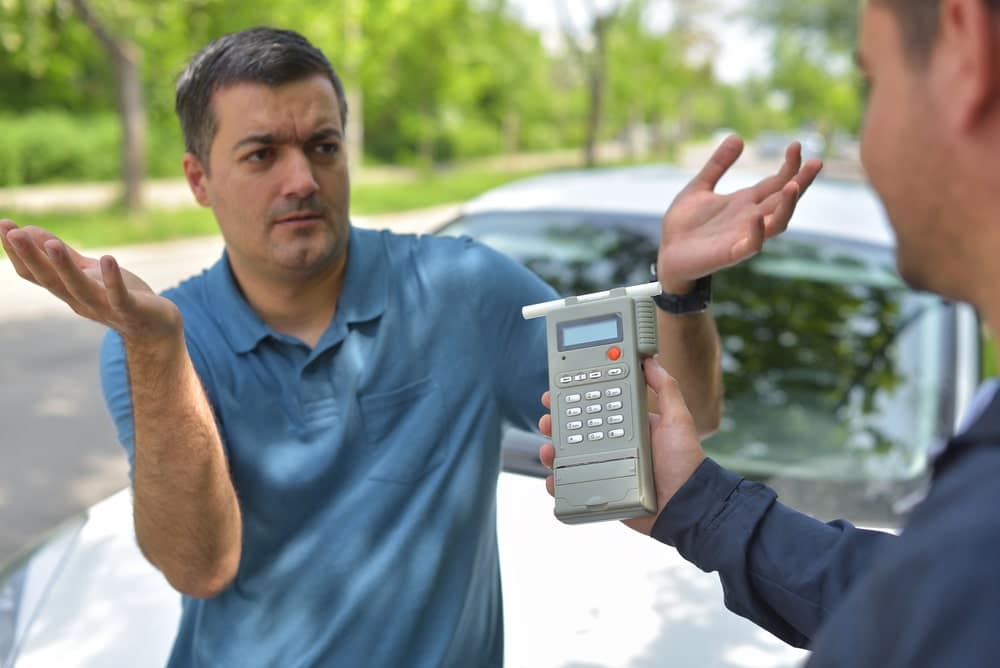If you’re stopped at a DUI checkpoint in Maine, what you do and say in those first few minutes can have serious legal consequences. Understanding your rights and the legality of these roadblocks is essential—especially if you’re facing potential OUI (Operating Under the Influence) charges.
DUI Sobriety checkpoints are legal in Maine, but only under strict guidelines that ensure constitutional protections are not violated. If law enforcement fails to follow these procedures, any evidence collected at the scene could be challenged in court.
In this guide, we explain how DUI checkpoints work in Maine, what rights you have during a stop, whether you’re legally required to comply with field sobriety tests, and how to protect yourself from unlawful searches or arrests.
If you’ve recently been stopped or charged after a sobriety checkpoint, speaking with an experienced Maine OUI attorney may be critical to preserving your license, your freedom, and your future.
Call 207-571-8146 or contact us online to schedule a consult with one of our highly skilled criminal defense & OUI lawyers, serving Southern Maine, today.
Table of Contents
What are sobriety checkpoints?
Sobriety checkpoints are sometimes known as “OUI roadblocks”. They are points on the roads in Maine where the police either stop every vehicle or a random selection of vehicles, to check for drivers over the legal alcohol limit or under the influence of drugs.
These checkpoints can be set up at any time, but often appear more frequently during holiday periods and in the summer.
Are OUI/DUI Sobriety Checkpoints Legal in Maine?
Yes, sobriety checkpoints—also known as OUI/DUI roadblocks—are legal under federal law, even though they differ from the usual requirement that police must have reasonable suspicion to initiate a traffic stop. The U.S. Supreme Court has ruled that sobriety checkpoints are constitutional because they serve a significant public safety interest and involve only minimal intrusion on drivers.
However, for a checkpoint to be lawful in Maine, it must follow strict guidelines. Law enforcement must:
- Follow a predetermined, neutral plan for stopping vehicles
- Use proper signage and visible authority presence
- Keep the stops brief and non-discriminatory
- Avoid extending the detention without further cause
Important: While the initial stop is allowed, officers must still have reasonable suspicion to conduct field sobriety tests, search your vehicle, or ask further investigatory questions. You have the right to refuse field sobriety testing and decline to answer questions beyond basic identification—but refusing a breath test could still result in license suspension under Maine’s implied consent laws.
If you were stopped at a sobriety checkpoint in or near Kennebunk and charged with OUI, an experienced defense attorney can examine whether the stop was conducted legally and challenge any violations of your rights.
Call 207-571-8146 or contact us online to schedule a consult with one of our highly skilled criminal defense & OUI lawyers, serving Southern Maine, today.
Can you turn around before a sobriety checkpoint in Maine?
If you are approaching a sobriety checkpoint, are you legally required to pass through it? This is one of the key questions that motorists in Maine have on this topic.
The answer is no – as long as no traffic crime is committed. You do not have to wait in line to be checked and can turn your vehicle around and drive away as long as you do not violate any traffic laws in the process.
Always pull over if an emergency vehicle is behind you on the road with flashing lights or a siren. However, the police cannot lawfully chase your vehicle before a sobriety checkpoint or use emergency lights/sirens unless a traffic violation was committed.
So, if you drive away, do so calmly, observing all road safety laws and within the speed limit.
If you decide to continue to the checkpoint, it is important to meet certain expectations and understand what your legal rights are.
Like with other traffic stops, you will be required to provide your license, registration, and proof of insurance. This is mandatory.
You will also be asked a series of questions, but legally you do not have to answer any questions about alcohol consumption or perform field sobriety tests unless there is reasonable suspicion.
The police must also follow a strict set of protocols concerning their conduct at OUI roadblocks.
Call 207-571-8146 or contact us online to schedule a consult with one of our highly skilled criminal defense & OUI lawyers, serving Southern Maine, today.
What are the responsibilities of police at roadblocks?
Under sobriety checkpoint laws, the roadblock must be “reasonable” in planning, design and execution.
The times and locations of checkpoints are generally announced beforehand by the local police departments, often on social media. This is done as much as a preventative measure (to deter people from driving over the limit) as to conform to privacy laws.
When the checks are underway, the police are not allowed to arbitrarily select which vehicles to stop and must follow the pre-set plan (to avoid discriminatory practices).
Police officers should also explain the process when you pull up to a sobriety checkpoint so that motorists understand why the check is being conducted and what is required of them.
There are other general requirements of Maine law enforcement when motorists pull up to a sobriety checkpoint. Most notably, these are:
Call 207-571-8146 or contact us online to schedule a consult with one of our highly skilled criminal defense & OUI lawyers, serving Southern Maine, today.
Brief with interactions
Police must be brief with questioning. You should expect to answer simple questions like “Where are you coming from?” and “have you been drinking?” While you do not legally have to answer these questions, it may be best to do so unless you want to arouse suspicion. Provide honest answers.
The officer will be trained to detect signs of alcohol usage, such as the smell, slurred speech or red eyes.
Reasonable suspicion of impairment to ask further questions
Reasonable suspicion that the driver is impaired is required if a law enforcement officer wants to question a driver further or conduct field sobriety tests after the initial interaction.
However, under Maine law, an admission of drinking and/or slightly exceeding the speed limit or driving erratically when approaching the checkpoint may be construed as an indication of impairment and reason to detain the motorist.
If you are asked to conduct a field sobriety test, you are already under suspicion by the officer – but that does not mean that the requests are lawful.
If the officer then decides that there is probable cause to believe you are impaired, you must submit to a test to determine your blood alcohol level. You cannot refuse this test without having your license suspended. You will also face enhanced penalties if convicted of OUI.
What should I do if I was arrested at a sobriety checkpoint?
Just because legal responsibilities should guide the actions of law enforcement, it doesn’t mean that they are always followed.
Drivers are pulled over illegally after they attempt to leave a checkpoint or are questioned too intently without reasonable suspicion of impairment. Sometimes, arrests are made without due process being followed or constitutional rights observed.
Whatever the reason, if you are arrested on suspicion of OUI, the consequences can be alarming: fines, suspensions and a criminal record.
To avoid the harshest penalties associated with a conviction, speak with an OUI attorney experienced in sobriety checkpoint cases. There are many potential defenses available if you are charged with OUI and sobriety checkpoint law provides opportunities to build a strong case.
Speak to a defense lawyer at The Maine Criminal Defense Group if an OUI charge has been filed against you after a stop made at a sobriety checkpoint. Call us directly at (207) 571-8146 or contact us online.
Call 207-571-8146 or contact us online to schedule a consult with one of our highly skilled criminal defense & OUI lawyers, serving Southern Maine, today.
OUI Blog Articles
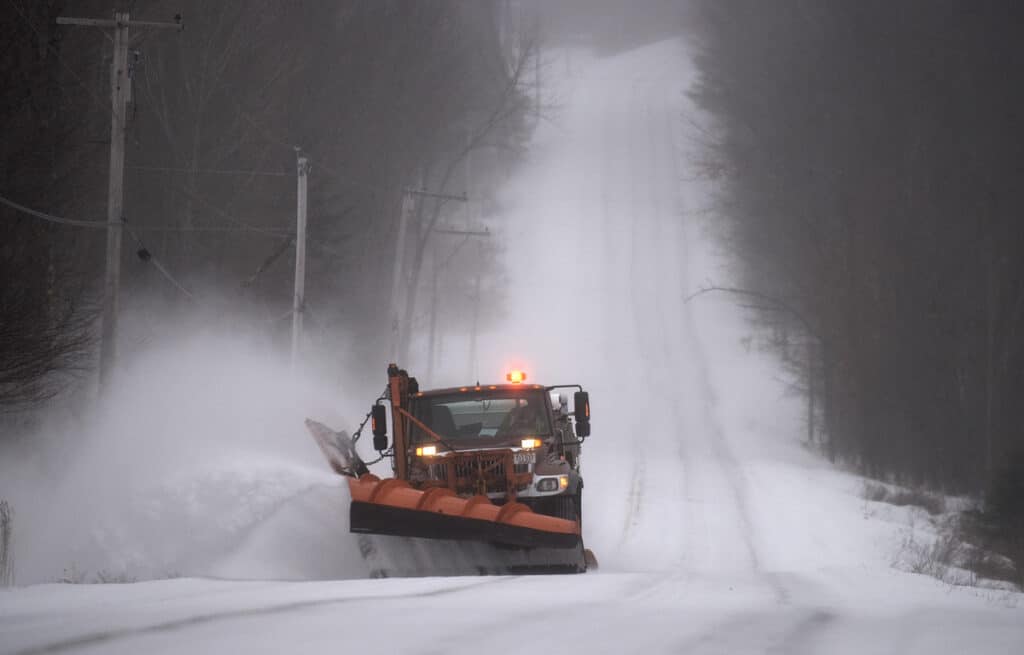
January 11th, 2025, in Skowhegan, Maine, a Maine Department of Transportation plow truck sustained a head-on collision caused by a drunk driver on Route 2, as reported by law enforcement.[...]
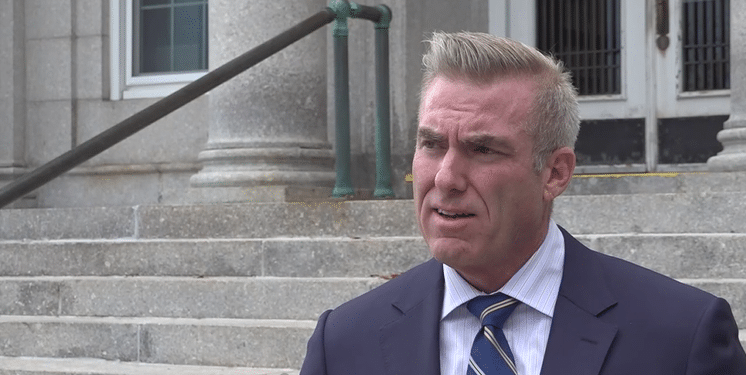
The tragic events of a fatal car crash in 2023 that claimed the lives of four young people have finally reached a pivotal legal outcome. Noelle Tavares, a former Maine[...]

In most states, there are many different places that the average person can take a driving course to satisfy court requirements as related to an DUI conviction. However, in the[...]
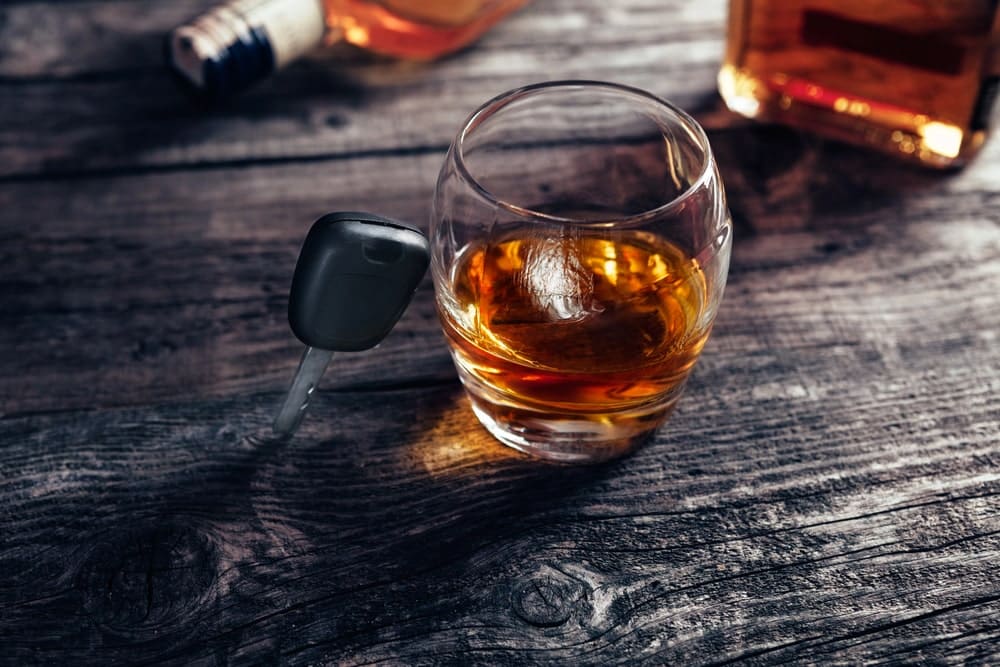
Defending against OUI offenses in Southern Maine Anyone charged with a 2nd OUI in Maine should expect little leniency from the criminal justice system. This makes it even more important[...]
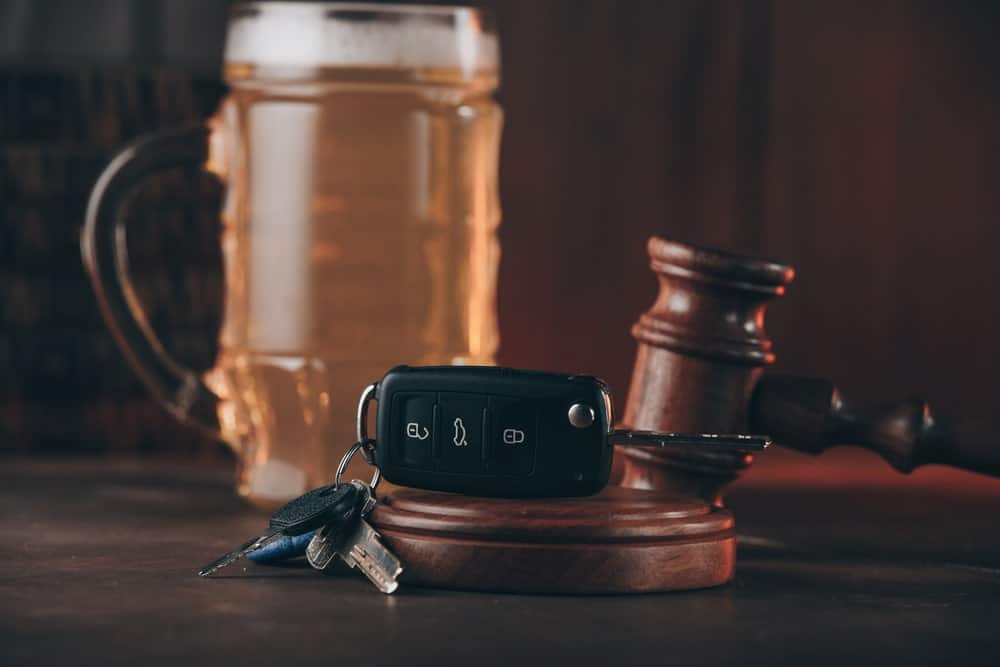
Defending against OUI Refusals in Southern Maine Did you know that it is a criminal offense to refuse to submit to a chemical test if lawfully requested to do so[...]
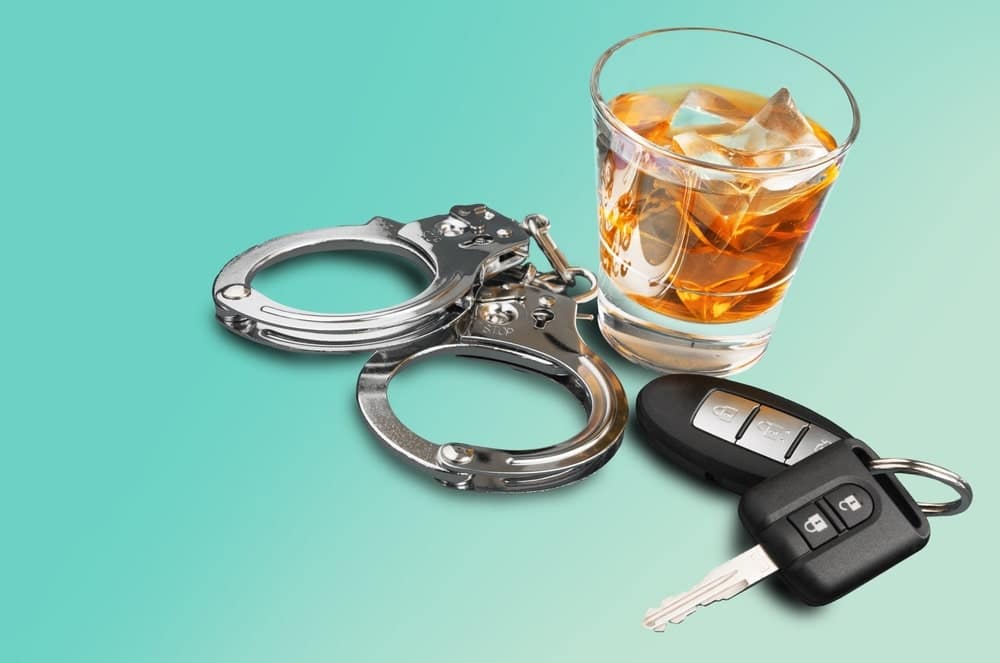
Reducing an OUI charge in Maine OUI charges are handled severely in Maine. For many people, a drunk-driving charge is their first time dealing with the criminal justice system and,[...]

Alcohol laws of Maine While you should be aware of the strict OUI laws in Maine, it’s also important to know about other ways you can face a traffic infraction[...]
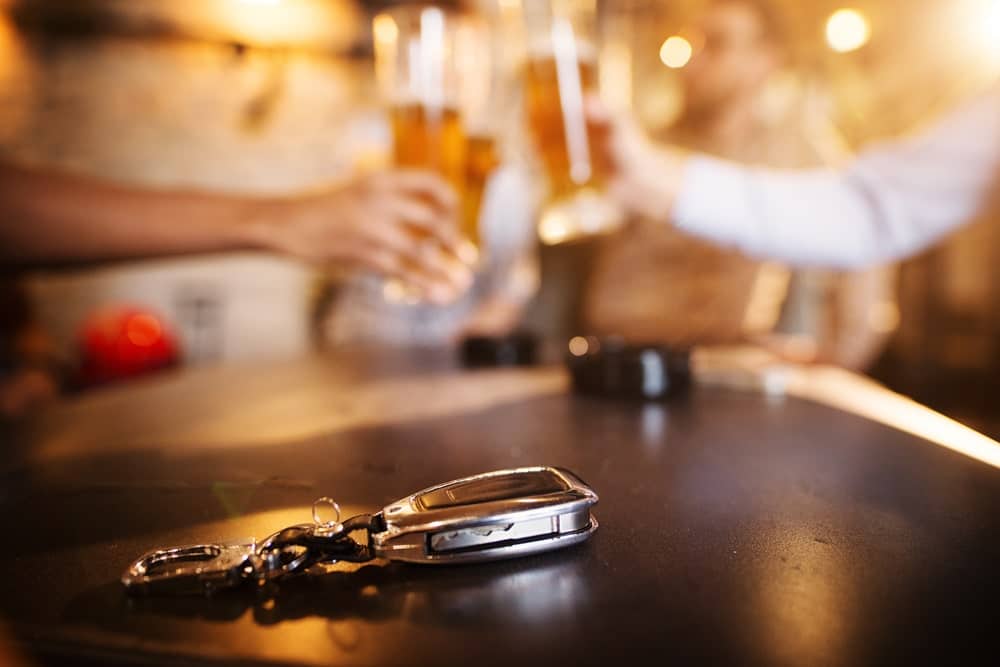
Defending against OUI offenses in Southern Maine A first OUI in Maine can potentially have long-term consequences, but with the right legal representation, alleged offenders can escape the harshest penalties.[...]
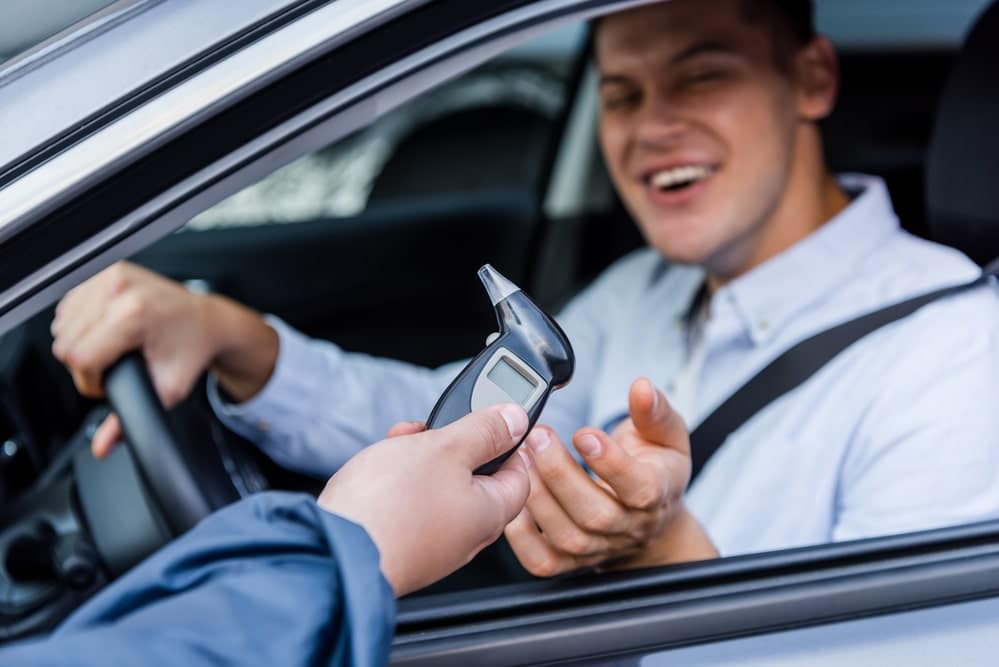
If you blow under .08 in a DUI breath test in Maine, it may be jumping the gun to breathe a huge sigh of relief. You may not be “free[...]
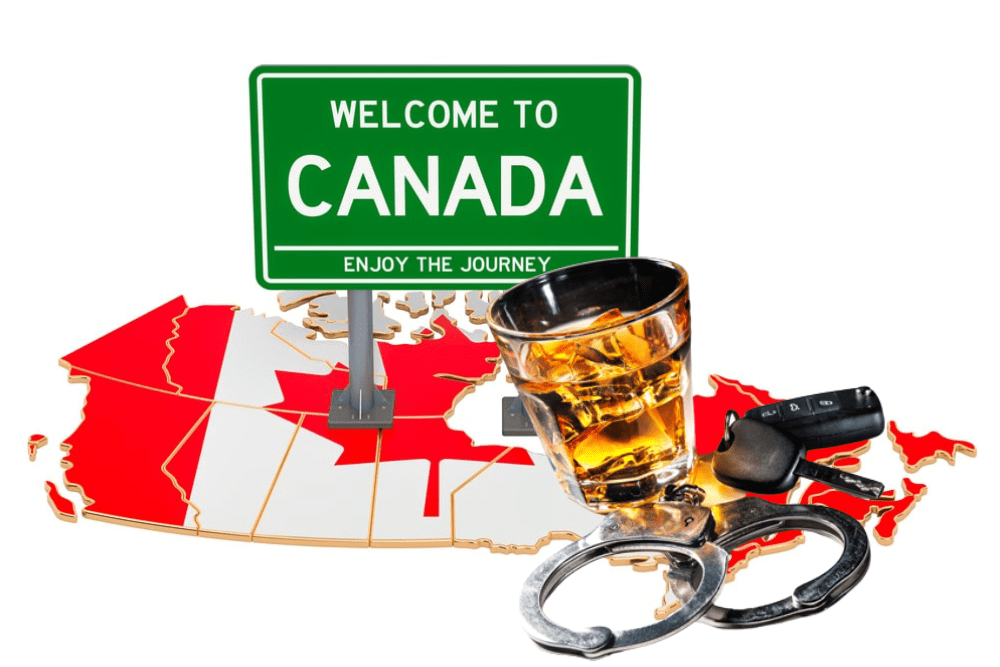
Last Updated: February 18, 2025 Between 11 and 15 million Americans visit Canada each year but you’re unlikely to contribute to those numbers in the future if you have an[...]
